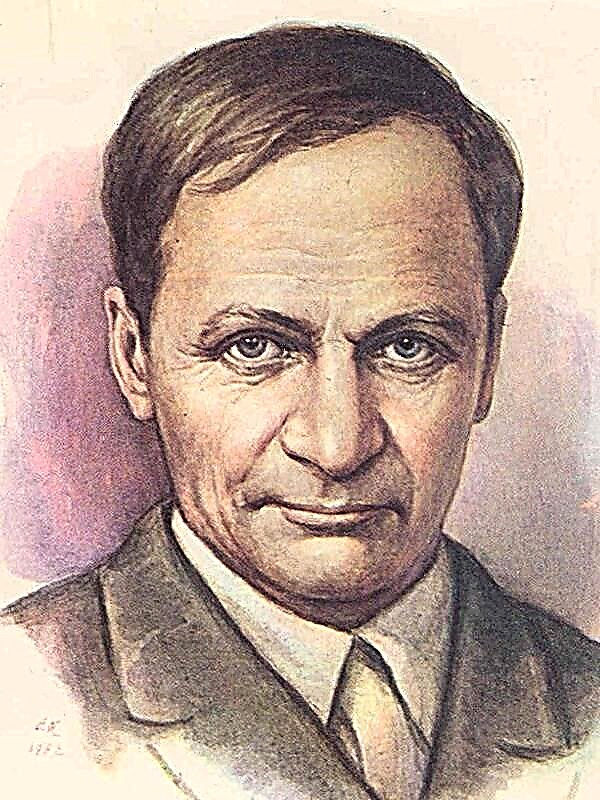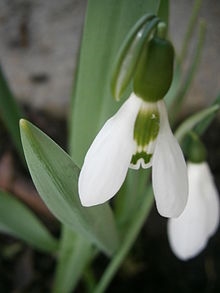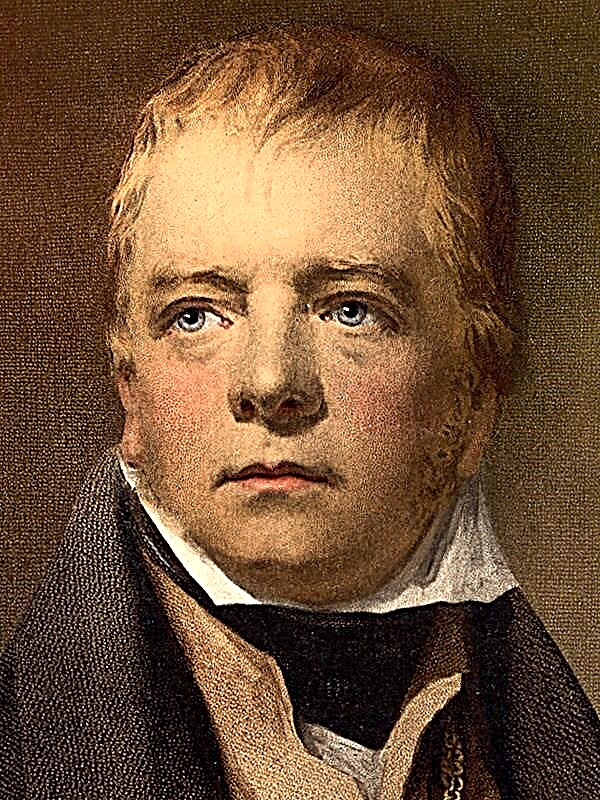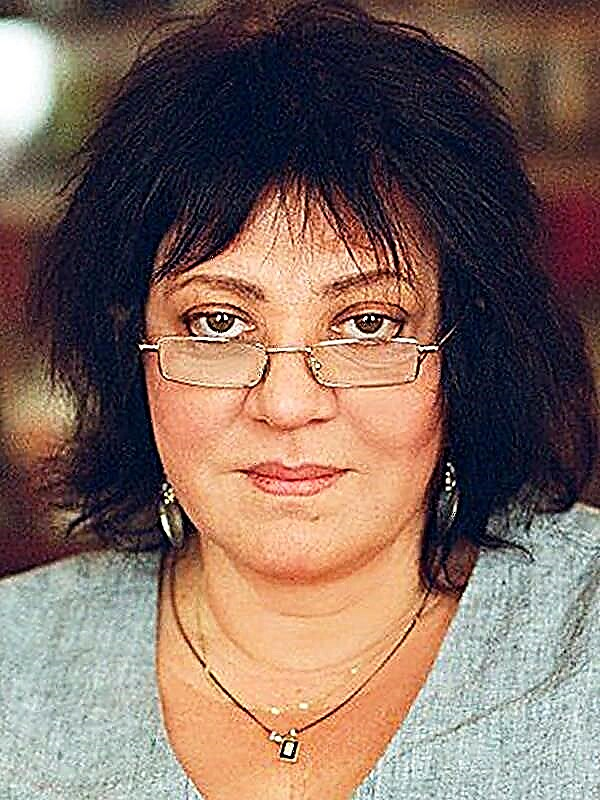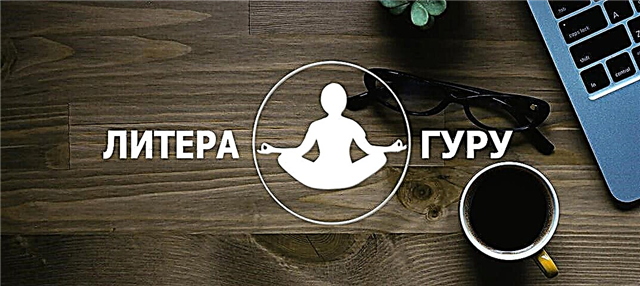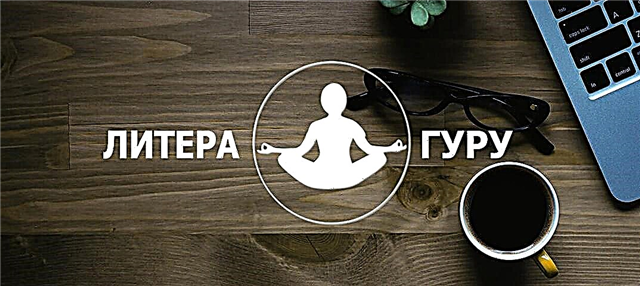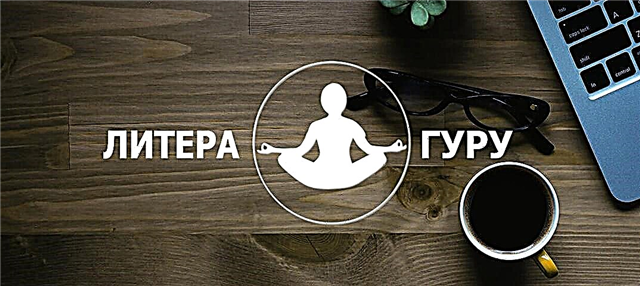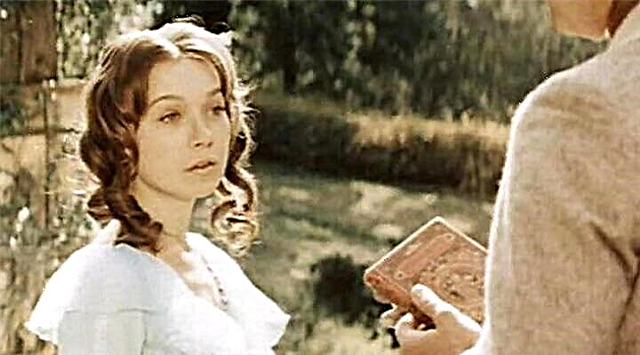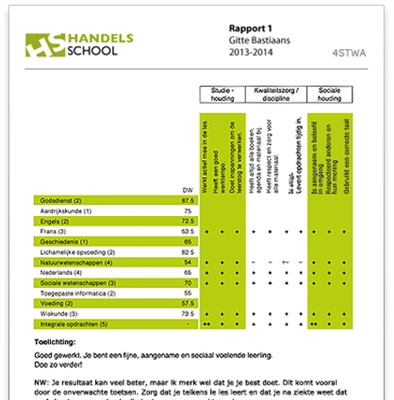The narrator recalls his friend, whom he lost forty years ago. The narration is conducted in the first person.
All the guys in the old Moscow courtyard studied at two nearby schools, but Yura was not lucky. In the year when he went to study, there was a large influx of students, and some of the children were sent to a school remote from home. This was a "foreign territory." To avoid a fight with the locals, the boys went to and from school with a large company. Only on "their territory" they relaxed and began to play snowballs.
During one of the snowy battles, Yura saw an unfamiliar boy - he was standing on the sidelines and smiling timidly. It turned out that the boy lives in Yury’s porch, just his parents “walked” him in the church kindergarten all his childhood, away from bad company.
The next day, Yura involved the boy in the game, and soon he and Pavlik became friends.
What a reserve of personality this boy possessed, then the young man ‹...› if he managed to enter the soul of another person so firmly.
Prior to meeting Pavlik, Yura "was already tempted in friendship" - he had a bosom childhood friend, handsome, trimmed like a girl, Mitya - "weak-hearted, sensitive, tearful, capable of hysterical outbursts of rage."“Mitya inherited the gift of great speech” from his father-lawyer and used it when Yura noticed that a friend was jealous of him or sneaky.
Mitin’s absurdity and constant readiness for a quarrel seemed to Yura “an indispensable affiliation of friendship”, but Pavlik showed him that there is a different, real friendship. At first, Yura patronized the timid boy, “introduced him to the light,” and gradually everyone began to consider him the main one in this pair.
In fact, friends were not dependent on each other. Communicating with Mitya, Yura got used to "moral conciliation," and therefore Pavlik’s moral code was stricter and cleaner.
Forgiveness of betrayal is not much different from betrayal itself.
Parents took care of Pavlik only in early childhood. Having matured, he became completely independent. Pavlik loved his parents, but did not allow them to control his life, and they switched to his younger brother.
Pavlik never entered into a deal with conscience, because of which his friendship with Yura once nearly ended. Thanks to the tutor, Jura knew German very well from childhood. The teacher loved him for “true Berlin pronunciation”, and never asked for homework, especially since Jura considered it less than his dignity to teach him. But once a teacher called Yura to the blackboard. Jura didn’t learn the poem that he had assigned - he had been absent for several days and did not know what was asked. Justifying, he said that Pavlik did not inform him of his homework. In fact, Yura himself did not ask what was asked.
Pavlik took this as a betrayal and did not talk with Yura for a whole year.He tried many times to make peace with him without clarifying the relationship, but Pavlik did not want this - he despised the workarounds, and he did not need the Jura that he had revealed in the German lesson. Reconciliation occurred when Pavlik realized that his friend had changed.
The nature of friendship is different from that of love. It’s easy to love for nothing and very difficult for anything.
Pavlik was a "mental" boy, but his parents did not provide him with a "breeding ground." Pavlik's father was a watchmaker and was interested exclusively in watches. His mother seemed to be a woman “unaware that typography was invented,” although her brothers, a chemist and biologist, were major scientists. The cult of books reigned in the family of Jura, and Pavlik needed it like air.
Each year, friends became closer to each other. The question "Who to be?" stood in front of them much earlier than in front of their peers. The guys did not have pronounced addictions, and they began to look for themselves. Pavlik decided to follow in the footsteps of one of his famous uncles. Friends cooked shoe polish, which did not give shine, and red ink, dirty everything except paper.
Realizing that chemists wouldn’t work out, the guys switched to physics, and after it - to geography, botany, and electrical engineering. During breaks, they learned to balance, holding various objects on their nose or chin, which terrified Yurina's mother.
Meanwhile, Yura began to write short stories, and Pavlik became an actor in the amateur scene. Finally, friends realized that this was their calling. Yura entered the screenwriting department of the Institute of Motion Picture Arts.Pavlik, on the other hand, “failed in directing”, but the next year passed the exams brilliantly not only at VGIK, but also at two other institutes.
On the first day of the war, Pavlik went to the front, and Yura was "rejected." Soon Pavlik died. The Germans surrounded his detachment, which sat in the building of the village council, and offered to surrender. Pavlik only had to raise his hands, and his life would be saved, but he turned out and burned alive with the soldiers.
Forty years have passed, and Yura is still dreaming of Pavlik. In a dream, he returns from the front alive, but does not want to approach a friend, talk to him. Having woken up, Yura goes over his life, trying to find guilt in it that deserves such an execution. It begins to seem to him that he is guilty of all the evil that is happening on earth.
We are all to blame for each other and a hundred times stronger - for the dead. And we must always remember this fault of our own - perhaps, then the holiest dream will come true: ‹...› bring the departed back to life ...
Once a friend invited Yura to a summer cottage he had just bought - to go mushrooming. Walking through the forest, Yura stumbled upon the traces of long-standing battles and suddenly realized that somewhere here Pavlik died. For the first time, he thought that in the village council surrounded by the enemy, “not death was happening, but Pavlik’s last life”.
Our responsibility to each other is great. At any moment, a dying person, a hero, a tired person, or a child can call us. It will be a “call for help, but also for trial.”


